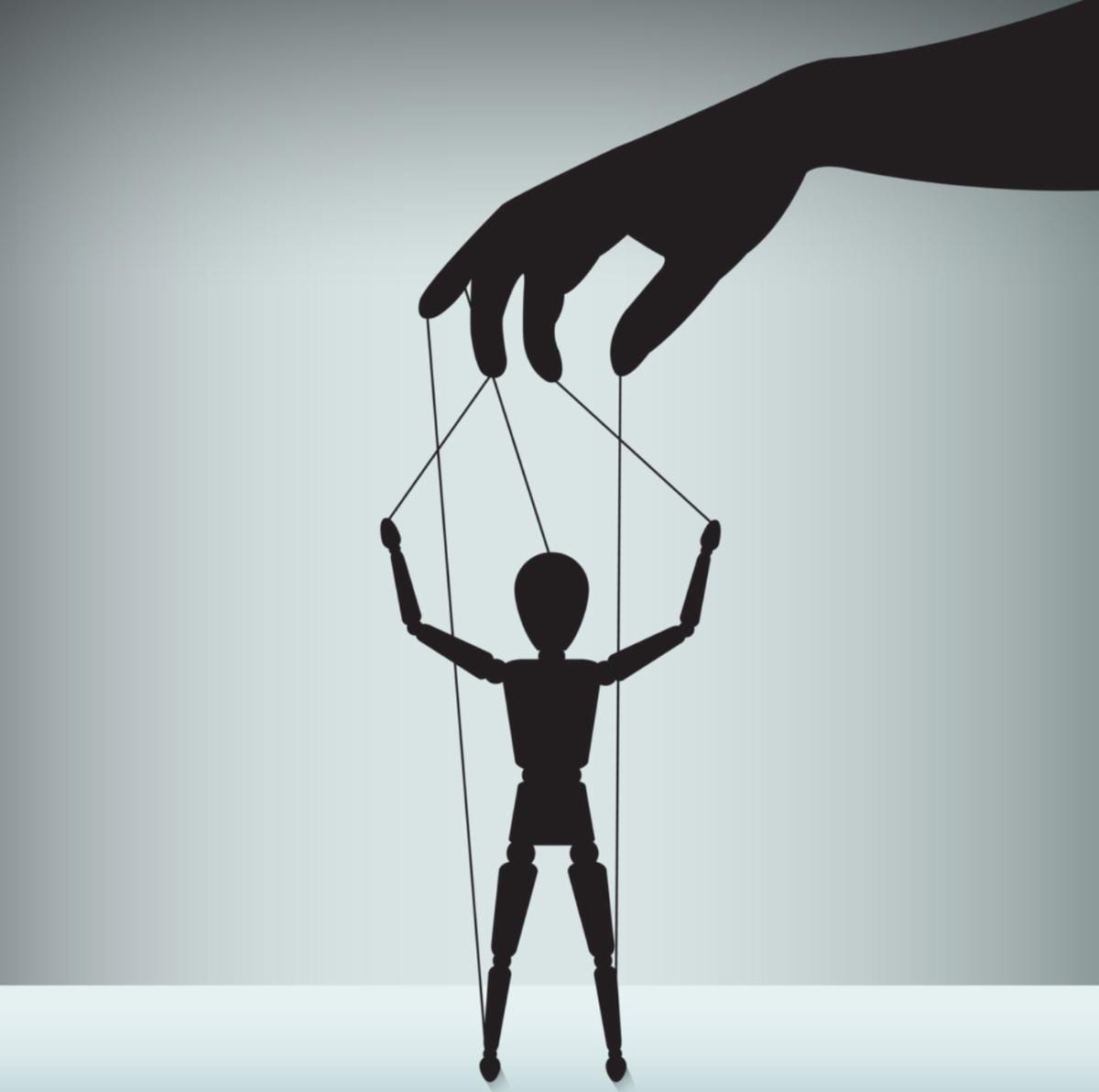Let’s talk about something quietly corrosive that affects a staggering number of us—people-pleasing.
On the surface, it looks like niceness, agreeableness, being “easygoing.” But underneath? It’s usually a mix of fear, avoidance, and a shaky sense of self.
Most people who fall into people-pleasing aren’t doing it because they’re overly kind. They’re doing it because they’re scared. Scared of conflict. Scared of criticism. Scared of judgment. And most of all, scared of rejection.
And here’s the truth: You cannot build a meaningful life on a foundation of avoidance.
People-Pleasing: A Survival Strategy in Disguise
People-pleasing is a coping mechanism. That’s it. It’s your nervous system saying, “The best way to stay safe is to be who they want me to be.”
For many, this begins in childhood. Maybe love was conditional—based on performance, obedience, or keeping the peace. So you learn to edit yourself, to tune into others’ emotions more than your own. You become hyper-vigilant to cues of approval and disapproval. This gets baked into your behavioral operating system.
The result? You become addicted to being liked. You filter your words, suppress your instincts, and outsource your self-worth to external validation.
But here’s the problem: Every time you say “yes” to someone else while saying “no” to yourself, you chip away at your authenticity. Eventually, you lose access to your own truth.
Fear of Criticism and Rejection: The Invisible Puppeteers
When I was a kid, my dad was often hypercritical. Gratefully, he changed in his later years (mostly🥴), but my conditioned response did not. Even as an adult, I sometimes felt like a puppet on a string, moving in concert with perceptions that had no basis in reality.
All because—let’s not sugarcoat this—criticism and rejection hurt. They trigger an ancient part of the brain that equates social disapproval with being expelled from the tribe. And back when we were living in hunter-gatherer bands, that meant death.
So yes, it makes perfect sense that rejection can feel existential. But we’re not on the wild savannah anymore. Most criticism won’t kill you. It just feels like it will.
However modern we may be, our brains still run on primitive software. And the fear of disconnection makes many people over-correct, seeking to avoid friction at all costs.
But avoidance does have a cost. A massive one. You end up living a life that isn’t yours.
Rebuilding Ego Strength: The Return to Self
If you’ve spent years shaping yourself around other people’s expectations, the idea of “being yourself” can sound abstract or even terrifying. So let’s get practical.
Ego strength—a term from clinical psychology—refers to the robustness of your inner self. It’s not ego in the narcissistic sense. It’s about resilience. Stability. The ability to hold your own in the face of pressure. It’s what allows you to be honest without crumbling. To hold a boundary. To stay grounded when someone disagrees with you.
People-pleasers typically lack ego strength sufficient to stand up to criticism and rejection. But here’s how to rebuild it.
1. Stop Pathologizing Your Past
People-pleasing is a learned behavior. It made sense at one point. You were protecting yourself. So stop pathologizing your past and drop the shame. This isn’t about self-blame—it’s about self-awareness. You can’t grow out of something you’re still defending. As TV psychologist Dr. Phil likes to say, “Ya can’t fix what ya don’t acknowledge!”
True, that. You can’t heal what you’re still pretending doesn’t exist.
2. Get Clear on What You Want
Here’s a harsh truth: Most chronic people-pleasers don’t know what they want. Their instincts are so muted from years of external focus that they’ve lost the signal of their own desire.
Start listening. Track what energizes you. What drains you. What feels aligned versus performative.
Write it down. Say it out loud. Make it real. And get clear.
3. Train Yourself to Tolerate Discomfort
Reclaiming yourself isn’t easy. It’s often awkward, uncomfortable, and confrontational. But the price of authenticity is the willingness to be disliked. As the poet Oriah Mountain Dreamer says,
It doesn’t interest me if the story you are telling me is true. I want to know if you can disappoint another to be true to yourself. If you can bear the accusation of betrayal and not betray your own soul. —The Invitation
You will disappoint people. You will lose shallow connections. But what you gain is self-respect.
If you persist in avoiding rejection long enough, you’ll end up rejecting yourself.
4. Build a Relationship With Your Inner Voice
This is the core. Your internal compass. Most people-pleasers' inner voice has been hijacked by other people’s scripts—parents, peers, teachers, even social media.
Reclaim it. Meditation, journaling, solitude, nature—do whatever gives you enough stillness to hear your own voice and separate it from those of others.
You need to know the difference between your truth and your conditioning.
5. Set Boundaries Without Apology
Boundaries aren’t rude. They’re responsible. And they’re not about pushing people away—they’re about making real intimacy possible.
You can’t be deeply connected if you’re not being real. If you’re always agreeable, always accommodating, you’re not in a relationship. You’re in a performance.
6. Surround Yourself With People Who Reward Your Realness
Authenticity is a frequency. When you start broadcasting it, people will respond. Some will pull away, but others will come closer. Healthy people don’t want the filtered version of you. They want the full-spectrum, honest, alive version.
And here’s the thing—so do you.
Final Thoughts
You don’t find your authentic self. You remember it. It’s already there, always has been, buried under layers of fear, compliance, and noise.
Rebuilding ego strength isn’t about becoming defiant or selfish. It’s about standing upright in a world that constantly tries to bend you.
You don’t need to be liked by everyone. You just need to be loved by someone—including yourself—for who you actually are.
And that starts the moment you decide that your truth is more important than their approval.
REFLECT: To help move from insight to integration, ask yourself ...
🔍 People-Pleasing & Identity
Where in my life am I saying “yes” out of fear rather than desire?
→ Get specific: relationships, work, family, social circles.
What am I afraid will happen if I disappoint someone?
→ What’s the worst-case scenario your mind jumps to?
Who would I be if I stopped trying to be liked by everyone?
→ Let the answer unfold without judgment.
🧠 Criticism & Rejection
How do I typically respond to criticism?
→ Defensive? Shut down? People-please harder?
Whose rejection hurt me the most—and how might I still be trying to win their approval today?
→ This often reveals hidden scripts driving your behavior.
What beliefs do I hold about myself that make rejection feel like proof of my inadequacy?
→ Notice the internal story behind the emotional response.
💪 Ego Strength & Authenticity
When was the last time I made a choice that felt deeply aligned, even if others didn’t approve?
→ How did it feel afterward?
What parts of myself have I been hiding to fit in or avoid judgment?
→ List them out—then ask, Why?
What would it look like to trust my own voice more than the opinions of others?
→ Think in terms of daily behavior, not abstract ideals.
What’s one boundary I could set this week that would honor my truth?
→ Keep it simple. Then act on it.













Great one, indeed. Very helpful and insightful. Great work Mark!!
Great one AGAIN. Thanks Mark